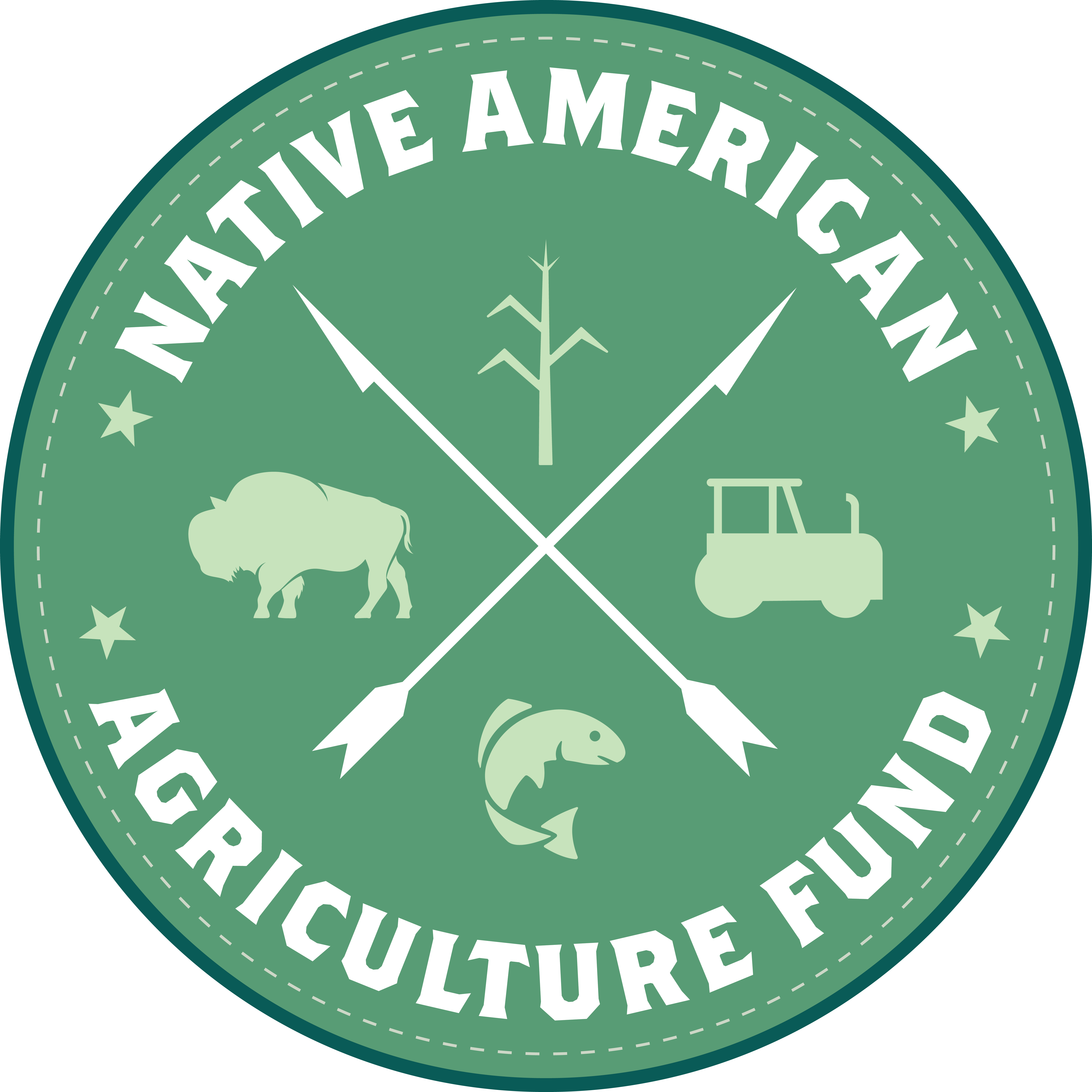2024 Grantees
After a competitive review process, the following organizations were awarded grants during the 2024 Request for Applications cycle.
Any questions about these 2024 Grantees can be sent to grants@NativeAmericanAgricultureFund.org.
501(c)(3)
1. Fort Lewis College

Durango, CO
Website: https://www.fortlewis.edu/
Facebook: https://www.facebook.com/FortLewis
Instagram: https://www.instagram.com/fortlewiscollege/
Twitter: https://twitter.com/FLCDurango
YouTube: https://www.youtube.com/user/FLCDurango
LinkedIn: https://www.linkedin.com/school/fort-lewis-college/
501c3
2. Ho-Chunk Housing and Community Development Agency

Tomah, WI
Website: https://hhcda.com/
Facebook: https://www.facebook.com/HHCDA
Instagram: https://www.instagram.com/hhcda_/
501c3
Ho-Chunk Housing and Community Development Agency (HHCDA) fosters a strong, healthy community through providing members with quality programs that help meet the Ho-Chunk Nation’s social, cultural, and community needs. One of these programs is Community Resource Training Center’s (CRTC) Seed to Market Project, which empowers Native producers with enhanced access to capital, technical agricultural training, market branding and developing market partnerships, fostering sustainable agriculture and ultimately economic independence within HHCDA communities.
First this project is going to expand community gardens and upgrade equipment for the maple syrup production to meet market demands. The project will also develop a local brand for the community-produced agricultural products and develop partnerships to raise community awareness of the products grown within Ho-Chunk Nation. Finally, this project will train and promote modern and traditional practices on food sustainability, preservation, and food security through workshops and then online materials for accessibility to all community members.
HHCDA also plans to incorporate youth into this project by making the community gardens accessible for the Ho-Chunk Nation’s Youth Services department to cultivate the future generation of farmers. Through these efforts, the Seed to Market project strives to address both the immediate and long-term needs of Ho-Chunk Nation producers, fostering a self-reliant and forward-looking community.
3. Ho-Chunk Community Development Corporation
![]()
Winnebago, NE
Website: https://www.hccdc.org/
Facebook: https://www.facebook.com/profile.php?id=100067786144078
501c3
4. Hopi Tutskwa Permaculture Institute
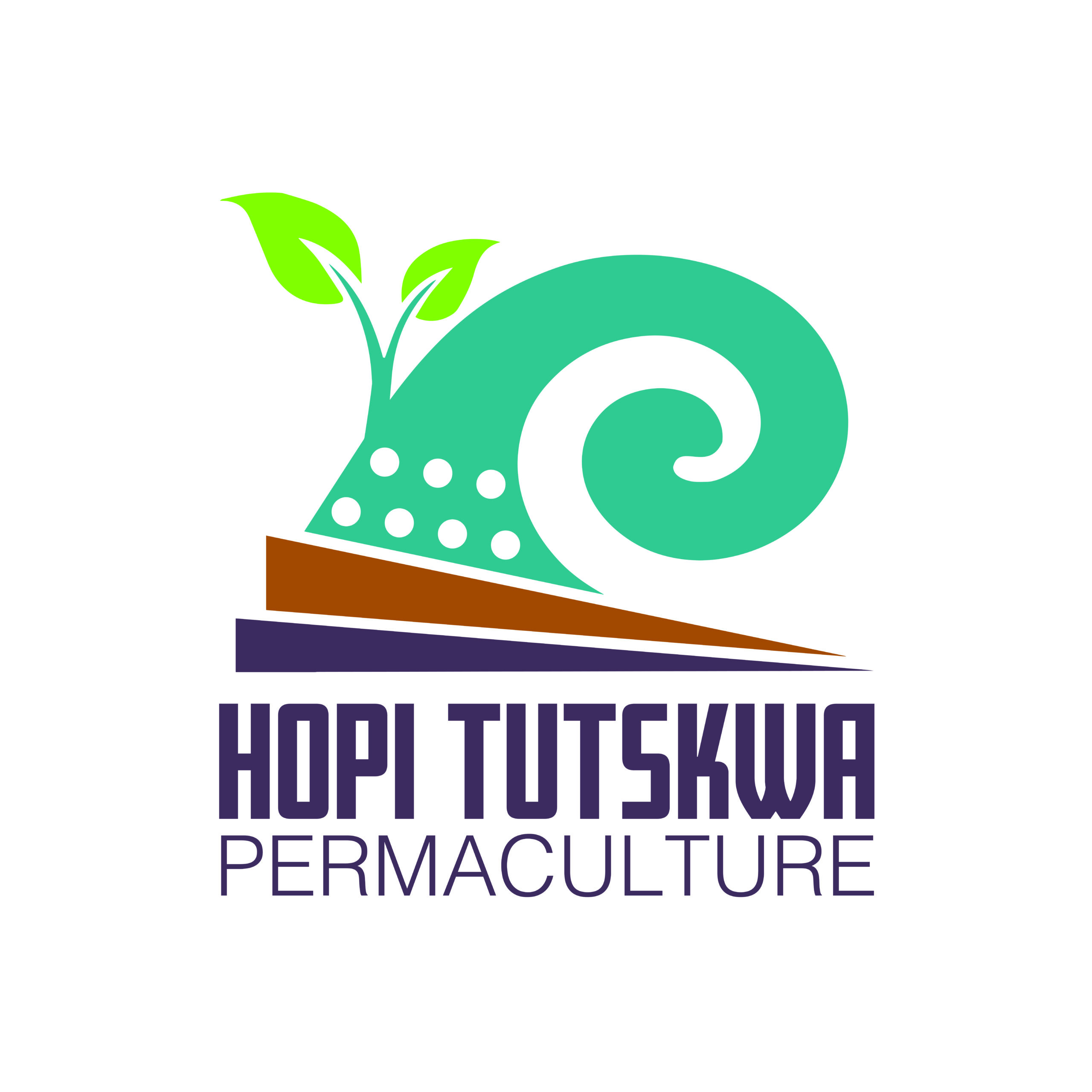
Albuquerque, NM
Website: https://www.hopitutskwa.org/
Facebook: https://www.facebook.com/hopitutskwa
Instagram: https://www.instagram.com/hopitutskwa
501c3
Hopi Tutskwa Permaculture Institute is an Indigenous-led non-profit based on the Hopi Reservation offering hands-on education programs for all ages while also growing the community. They are developing a regional food hub and laying the groundwork for long-term food resilience and self-sufficiency in northern Arizona Tribal communities. By emphasizing community collaboration and partnership development, the project ensures inclusivity, equity, and shared ownership of the food hub initiative, fostering a sense of collective responsibility and empowerment within the community. This program will not only increase the ability of Hopi farmers to access grant funding and capital through direct technical assistance and support, but it will build organizational capacity, generate operational farm to market infrastructure with food safety compliance, and gather the community through communal workshops focused on regenerative farming practices and climate resilient strategies to strengthen traditional agriculture and increase natural and material capital on Native farm operations. This project will alleviate food insecurity, a major health concern exacerbated by limited access to fresh and nutritious food. Moreover, through workforce development initiatives and direct support to local producers, the project will empower individuals and stimulate economic growth to directly combat the long-standing poverty and unemployment issues within the Hopi and Navajo communities.
5. Ma Ka Hana Ka Ike Building Program
![]()
Hana, HI
Website: https://www.hanabuild.org/
Instagram: https://www.instagram.com/makahanakaike
501c3
Ma Ka Hana Ka Ike Building Program a Nonprofit organization located in Hāna, Maui a district also referred to as East Maui that spans 35 miles from the historical land divisions of Koʻolau to Kaupō. Hāna is one of the most remote regions of Hawaiʻi. With NAAF funds this organization will create a tiered apprenticeship program, Onipaʻa ʻo Mahele. This project will engage multiple paid Native Hawaiian farmer apprentices (ages 14-24) and unpaid Native Hawaiian community producers in advanced agricultural training over two years. The program includes workshops, professional development, mentorship, and technical assistance. Apprentices and producers will have access to agricultural resources at Mahele Farm to gain knowledge specific to Hāna’s micro-climate. The tiered, mentor-led apprenticeship program has a successful two-decade record. Paid apprentices are high school interns and graduates of Hāna School working full-time for advanced training. The project addresses two main challenges in Hāna: inadequate pay for farming and lack of access to land and equipment. It aims to help aspiring Native Hawaiian farmers overcome these barriers, particularly those from low-income households without family businesses or land.
6. Oregon Native American Chamber
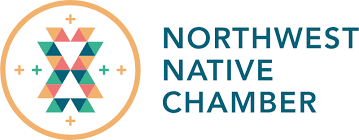
Portland, OR
Website: https://nwnc.org/
Facebook: https://www.facebook.com/NWNativeChamber/
Instagram: https://www.instagram.com/nwnativechamber/
LinkedIn: https://www.linkedin.com/company/nwnativechamber/
YouTube: https://www.youtube.com/channel/UCVVFCoV8aQHc1M5BrfV_erg
501c3
The Northwest Native Chamber is a 501c3 organization located in Portland, Oregon. The Chamber provides services to Native American business owners and food producers in Portland and in Tribal and rural areas throughout the Pacific Northwest states of Oregon, Washington, and Idaho. Through their internal research the Chamber identified that their Tribal and rural clients routinely requested technical assistance in five critical areas that the Chamber organized into a suite to improve regional agribusiness. These focus areas included financial management; accounting/bookkeeping; marketing; improved access to capital; and basic business management. According to the Chamber the Pacific Northwest faces the unique challenge of having Tribal Nations in the interior facing complicated land issues while the Coastal Nations are challenged by limited access to sufficient land and sea. And both faced issues of labor and compliance. The Chamber developed a project called Direct Assistance for Native Farmers, Fishers, and Food Producers, a project that they believe they con complete in 12 months. The primary goals of the project are, first, to develop a Native Agriculture curriculum for comprehensive economic advancement using site-specific video resources on agribusiness development. They will add these agriculture-specific modules to their partner StartUp Northwest platform; Second, they intend to expand technical assistance for Native producers by hiring a Resource Navigator for agribusiness; Third, they will foster collaboration to leverage resources for Native producers and develop a support network of collaborators; and Fourth, they will increase access to capital for Native producers throughout the Pacific Northwest by researching funders, developing educational materials, hosting workshops, doing capital needs assessments, and providing one-on one mentorships to clients. Native Northwest Chamber believes that Tribal entities have been systematically shut out from acquiring working capital. They intend to attempt to repair historic harms by providing technical assistance to prepare clients for capital readiness by utilizing best practices then guide clients to direct capital acquisition through their Equity Entrepreneur Program.
They will facilitate connections to culturally specific lenders such as Native CDFIs. In addition, the Chamber intends to add this agriculture-focused technical assistance to their existing Native Technical Assistance Program (Native TAP) while connecting clients to professional service providers (PSPs). They intend to significally impact the operations of up to 30 farmers, ranchers, fishers, gatherers, and producers. The project aligns with NAAF’s access to capital mission by providing community-centric cultural models of economic development, educational activities, and technical assistance.
7. The Cultural Conservancy
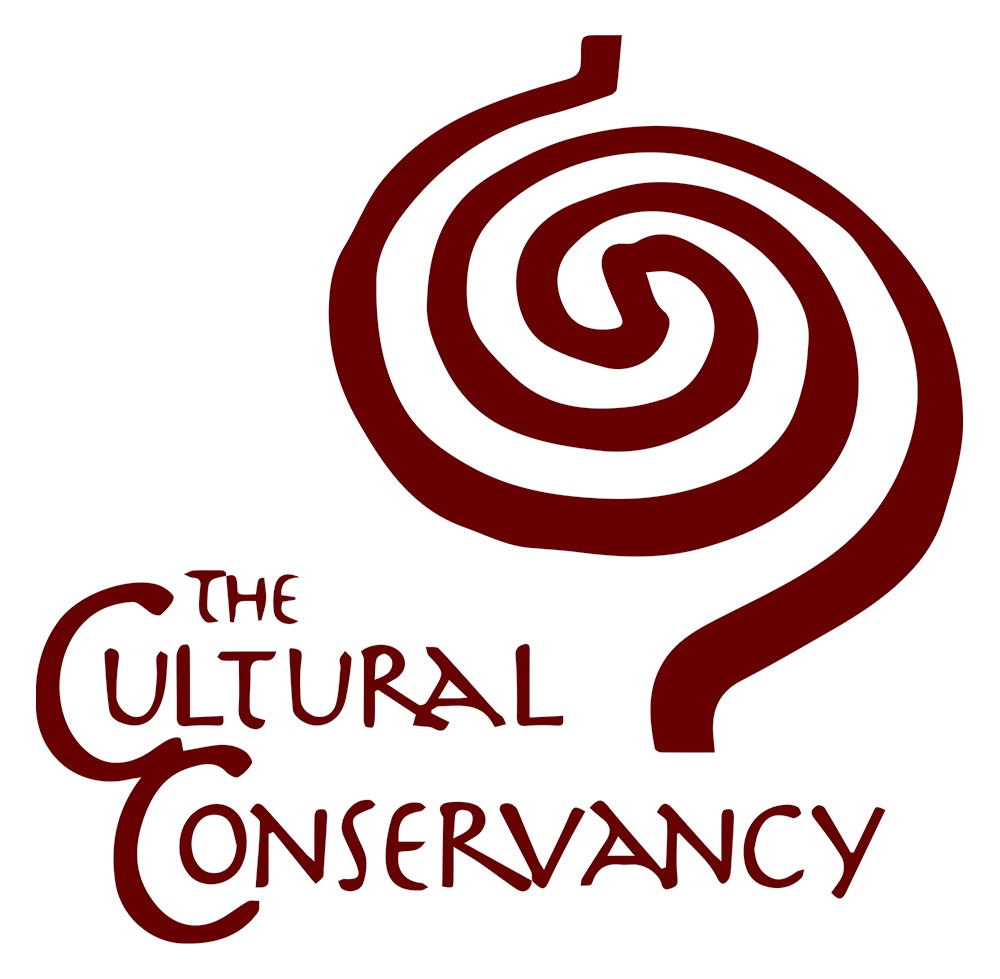
San Francisco, CA
Website: https://www.nativeland.org/
Facebook: https://www.facebook.com/TheCulturalConservancy
Instagram: https://www.instagram.com/culturalconservancy/?hl=en
X: https://twitter.com/TCCNativeland
YouTube: https://www.youtube.com/channel/UCkWUSp0NHs5JcUSN3jz-34g
8. Wambli Ska Society dba Sacred Storm Buffalo

Rapid City, SD
Website: https://www.wambliska.org/
Facebook: https://www.facebook.com/groups/5022878997784292/?mibextid=6NoCDW
X: https://twitter.com/drum_ska
501c3
9. Wozu Inc.
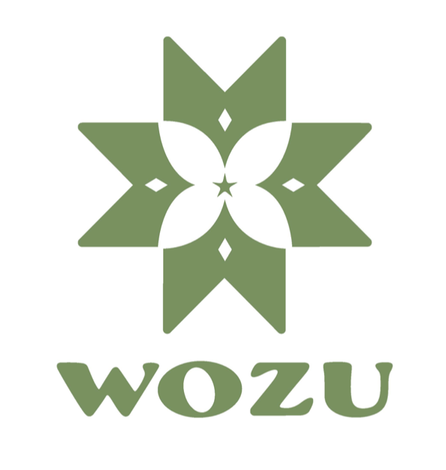
Cannonball, ND
Website: https://wozu.net/
Facebook: https://www.facebook.com/wozuinc
Instagram: https://www.instagram.com/wozuinc/
501c3
Wozu Inc., based on the Standing Rock Sioux Nation, will use NAAF funding for its “Land Stewardship” grant project, which is regenerative agriculture programming focuses on sustainable farming practices, food sovereignty, animal husbandry, and land stewardship to foster a sustainable and reciprocal connection with the land. The project primarily serves the Standing Rock Sioux community, providing youth and community members with training on regenerative agriculture, conservation, and financial literacy. A key component of this initiative is the Wozu Outdoor Stewardship Program (WOSP), which offers hands-on education in food sovereignty, traditional food processing, and sustainable land management. To further support access to capital, the project integrates training on land management, financial education, and credit counseling. A unique aspect of the project is the integration of solar energy into their agriculture buildings, providing a model for sustainable energy use in Native agriculture. Additionally, WOSP participants receive hands-on training in navigating the complexities of land management, which is crucial for accessing capital for farming and ranching. Through innovative approaches such as drone technology and solar power, Wozu Inc. is preparing future generations of Native agricultural entrepreneurs to be empowered to navigate tribal land management and leverage these resources for sustainable economic growth.
CDFI
10. Akiptan, Inc.
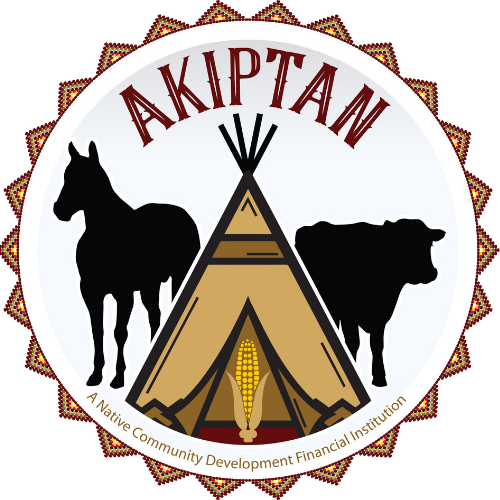
Eagle Butte, SD
Website: https://www.akiptan.org/
Facebook: https://www.facebook.com/AkiptanInc/
Instagram: https://www.instagram.com/akiptaninc/
X: https://twitter.com/AkiptanInc
LinkedIn: https://www.linkedin.com/company/akiptan/
YouTube: https://www.youtube.com/channel/UCFQSy-vuXK6KmqW2o8_w8mQ
CDFI
11. Four Band Community Fund
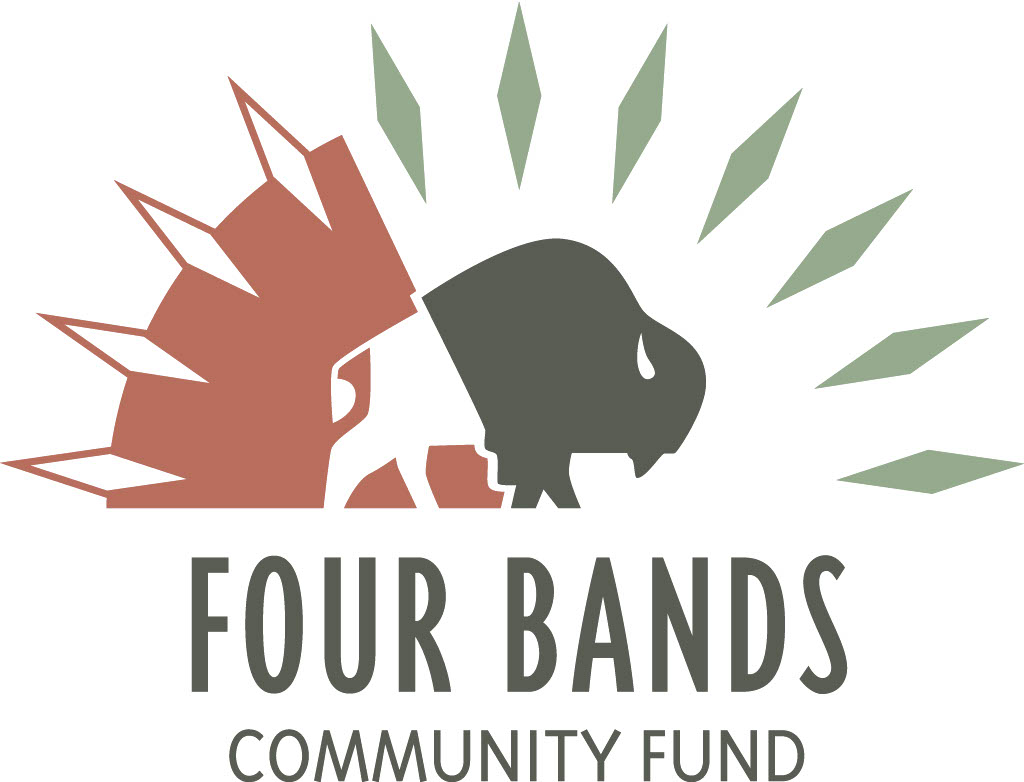
Eagle Butte, SD
Website: https://fourbands.org/
Facebook: https://www.facebook.com/FourBandsCommunityFund/
X: https://twitter.com/four_bands
Instagram: https://www.instagram.com/four.bands/
CDFI
Four Bands Community Fund is a Community Development Financial Institution (CDFI) based in Eagle Butte, South Dakota, serving multiple Sioux tribes, including Crow Creek, Flandreau Santee, Lower Brule, Oglala, Rosebud, Sisseton-Wahpeton Oyate, Standing Rock, and Yankton Sioux tribes. Four Bands focuses on providing access to affordable capital and business support to Native American entrepreneurs, farmers, and ranchers who often face barriers to traditional financing. This organization aims to counter systemic economic inequalities by fostering local entrepreneurship and community development.
Four Bands has a long history of forming coalitions and partnerships to enhance its impact, such as leading the Mountain | Plains Regional Native CDFI Coalition to address persistent poverty and financial inequities in Native communities. The organization also provides workshops, technical assistance, and training for both Native agricultural producers and lending institutions, helping to build financial capability and expand economic opportunities.
12. Northern Shores Community Development

Petoskey, MI
Website: https://nscdi.org/
Facebook: https://www.facebook.com/profile.php?id=100069538608238
CDFI
Northern Shores Community Development, Inc. (NSCDI) is a certified CDFI with a mission to assist Native American entrepreneurs in Michigan with a suite of services that include business training, technical assistance, support for access to capital, and agricultural education, to foster economic development for Tribal communities throughout Michigan. Their office is located in Petoskey. Michigan in the Little Traverse Bay Band service area.
After a recent expansion NSCDI is now able to provide their services to Tribal citizens and descendants from all twelve of the Tribal Nations in Michigan in and outside Treaty lands. The organization has a respectable history with the Native American Agriculture Fund (NAAF) having successfully administered grants in multiple funding cycles. Citizens of all Nations are currently experiencing a critical need for expanding their access to a capital. Some of the barriers faced by Tribal members in the service area include detrimental credit scores, lack of credit history, lack of usable collateral, and what the CDFI describes as the “legacy effects of economic depression.”
The project is entitled Continued Expansion of Native CDFI Support for Native Agri/Aqua Business Growth and is scheduled to be completed in 24 months. Project objectives include: a.) Continuous engagement through focused relationships, scholarships to expand learning opportunities, focused training and networking; b.) Providing debt restructuring through refinancing via low-interest loans for credit rebuilding; and c.) providing re-grants for risk management business products. With these objectives in mind NSCDI will provide working capital to clients willing to participate in credit counseling and business training shared through workshops in topics such as accounting principles, business plan development and structuring. Aligning with NAAF’s mission to increase access to capital, this is a grantee that has experience getting money out the door to producers.
Thus far, NSCDI has provided $650,000 in loans to purchase land, equipment, seeds, and other supplies. With NAAF funding more than $84,000 in grants have been made to Native farmers, fishers, and producers of value-added products. Applying a model that expands their organizational notion of agriculturalists to elevate aqua-culturalists and to purposefully include harvesters and gatherers and to focus on risk management makes this approach both innovative and unique. The organization is seeking to make an impact on up to 124 farmers, ranchers, fishers, harvesters, and gatherers from the twelve Tribal Nations in Michigan.
13. The Lakota Fund, Incorporated
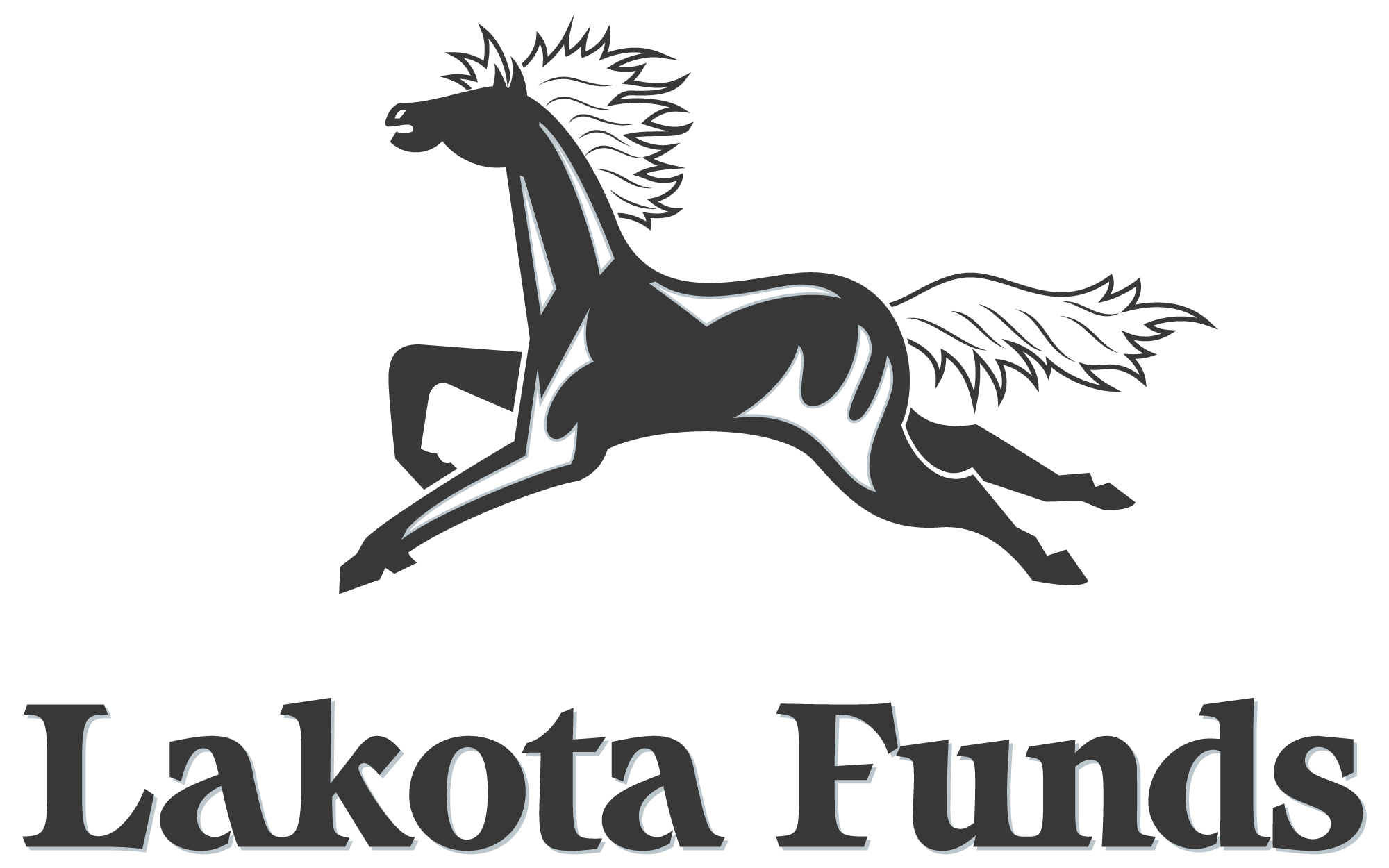
Website: https://lakotafunds.org/
CDFI
The Lakota Funds is a community development financial institution (CDFI) leading an economic resurgence of the Oglala Lakota Oyate on the Pine Ridge Reservation through culturally appropriate strategies reigniting the traditional Lakota spirit of productivity, commerce, and trade.
The Enhanced Access to Capital project focuses on expanding access to capital, supporting both new and existing farmers and ranchers with low-interest loans and equity grants. The project will also offer specialized training to ensure long-term viability and growth of their agricultural operations. The grant will serve Tribal members on the Pine Ridge and Rosebud Reservations.
14. The Peoples Partner for Community Development
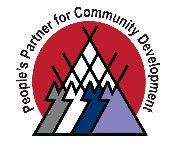
Lame Deer, MT
Website: https://www.peoplespartners.org/
Facebook: https://www.facebook.com/ppcdncr/
CDFI
The People’s Partner for Community Development (PPCD) is a Native CDFI dedicated to providing financial opportunities that stimulate economic development on the Northern Cheyenne Indian Reservation.
PPCD’s Ag Genetic Enhancement Project seeks to provide producers with education on understanding and utilizing genetics to improve and maintain healthy cattle herds. This project will also include re-grant funds, loans and business assistance/training for new or expanding small businesses. With funding from NAAF, PPCD will also be able to hire a full-time Ag Loan officer to assist these farmers and ranchers.
15. Wind River Development Fund

Fort Washakie, WY
Website: https://wrdf.org/
Facebook: https://www.facebook.com/windriver.developmentfund
LinkedIn: https://www.linkedin.com/company/wind-river-development-fund/?viewAsMember=true
CDFI
The Wind River Development Fund (WRDF), based on the Wind River Reservation in Wyoming, primarily serves the Northern Arapaho and Shoshone Tribes, focusing heavily on advancing the Native agriculture industry through lending. WRDF takes a relationship-based approach to lending, supporting regional farmers and ranchers through loans for cattle operations, hay farming, and a new community demonstration farm. Their grant project, “Building a Thriving Native Agriculture Economy in Wind River,” is designed to expand access to capital for Native agricultural producers by offering direct loans and grants to Native producers, providing technical assistance to help strengthen and grow operations. Additionally, they will offer scholarships for Native high school seniors pursuing agricultural studies. To expand on their impact in helping producers access capital and grow their operation, they will work in collaboration with the Wind River Food Sovereignty Project, on the “Growing Resilient Food Systems” initiative to provide grants to support small-scale and direct-to-consumer Native agricultural ventures. This includes grants for farmers’ market vendors, community producers, and livestock producers to aid in processing and labeling beef for local sale.
EDU Orgs
16. Indigenous Food and Agriculture Initiative
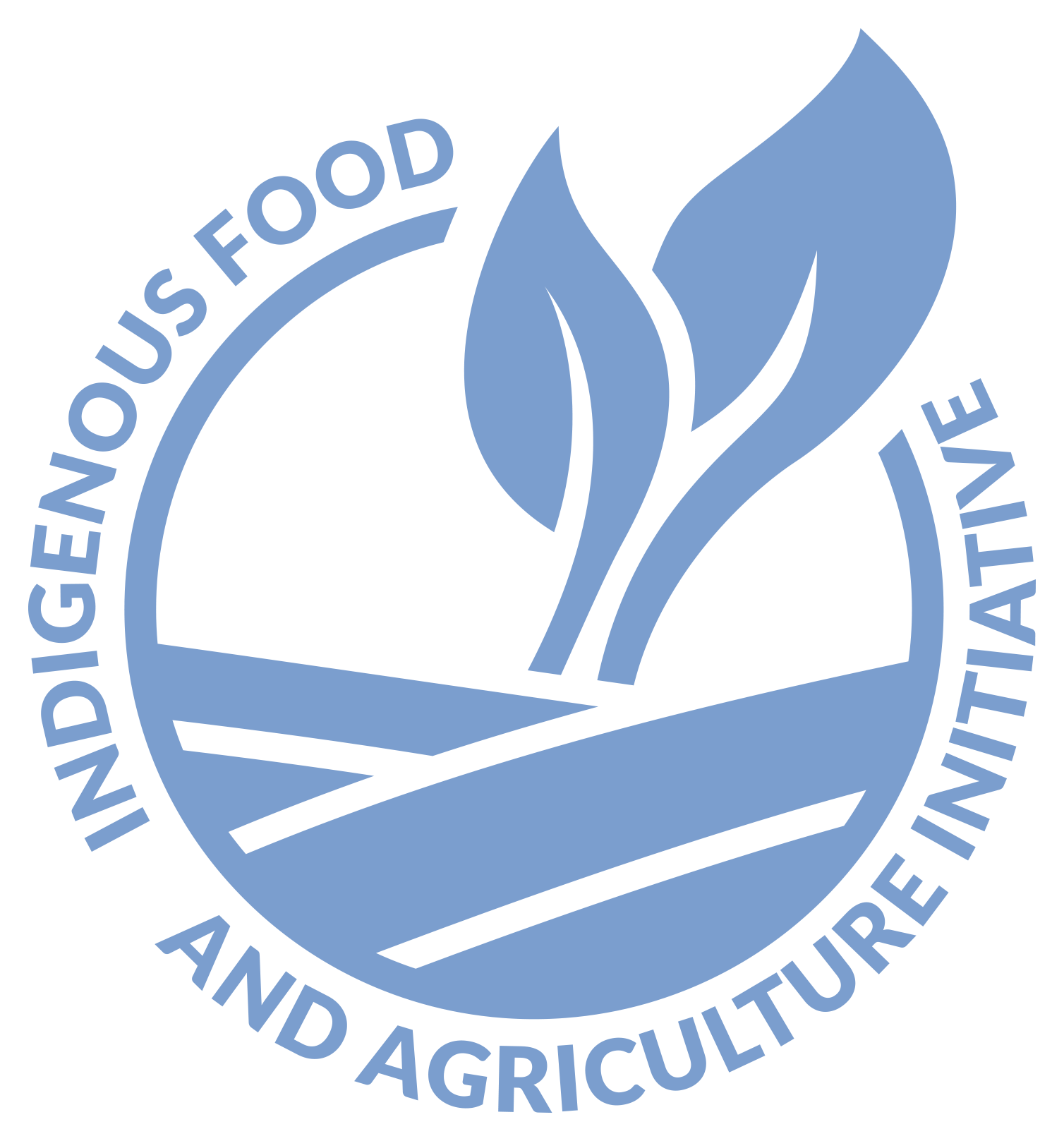
Fayetteville, AR
Website: https://www.indigenousfoodandag.com/
Facebook: https://www.facebook.com/IndigenousFoodandAg/
Instagram: https://www.instagram.com/foodsovereignty/
X: https://twitter.com/ifaiuark
YouTube: https://www.youtube.com/@indigenousfoodandagricultu5136
EDU Org
17. Stone Child College
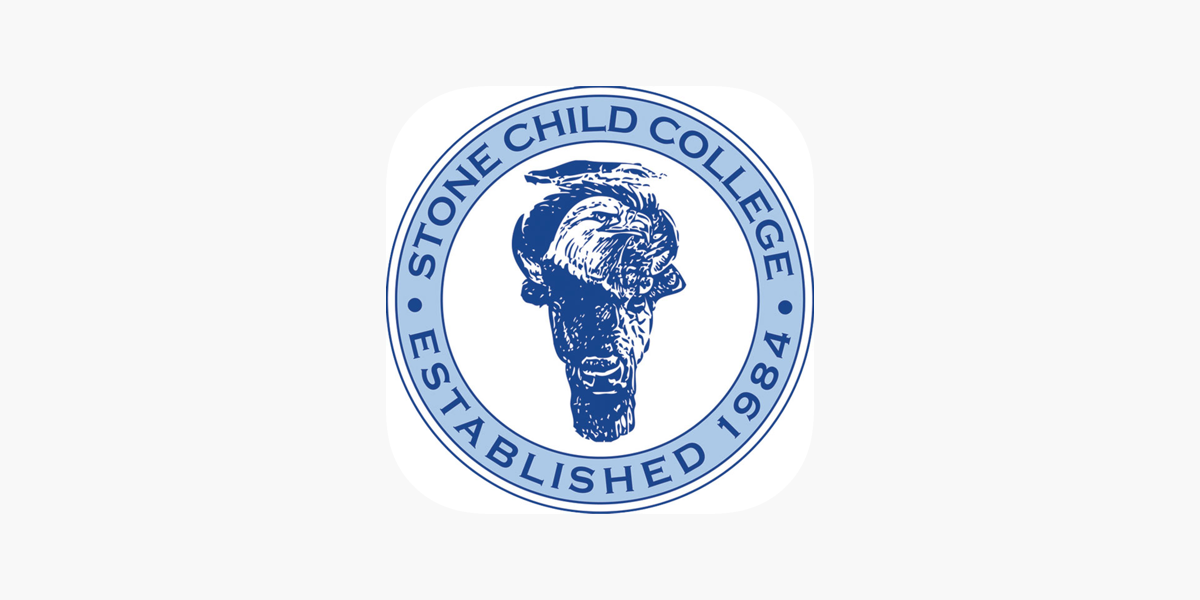
Box Elder, Montana
Website: https://www.stonechild.edu/
Facebook: https://www.facebook.com/StoneChildCollege
EDU Org
18. Tohono O'odham Community College
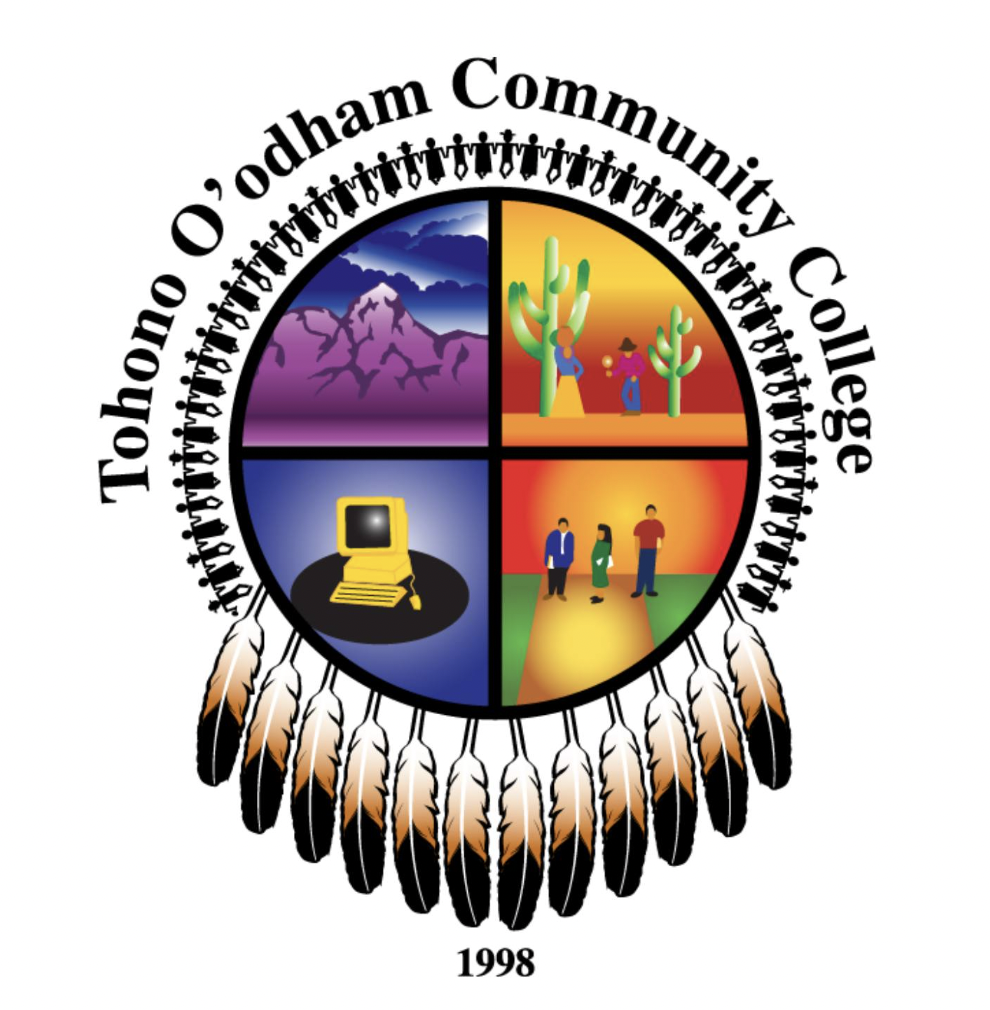
Sells, AZ
Website: https://tocc.edu/
Facebook: https://www.facebook.com/tohonooodhamcc
YouTube: https://www.youtube.com/channel/UCwZFYSOL7WFi2nkejO8ZSvw
EDU Org
Tohono O’odham Community College (TOCC) is a two-year college that primarily serves members of the Tohono O’odham Nation. The NAAF funded grant project will help develop a Tohono O’odham Traditional Agriculture Core Course adapted to 100% practicum training sessions; provide scholarships and support for participant engagement; and empower graduates with tools, resources, and skills for entrepreneurship, including access to capital.
The Traditional Agriculture Micro-Certificate Program offers stipends and comprehensive support for potential Native producers, empowering participants to cultivate sustainable, resilient agricultural systems that honor cultural heritage, regenerate the land, and foster community adaptation and resilience.
Tribes
19. Fort Berthold Land and Livestock Association
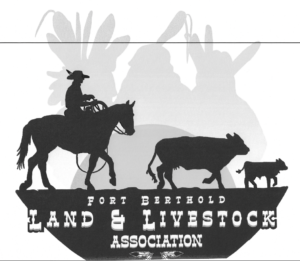
New Town, ND
Website: https://www.mhanation.com/charters
Tribes
20. Port Gamble S'klallam Tribe
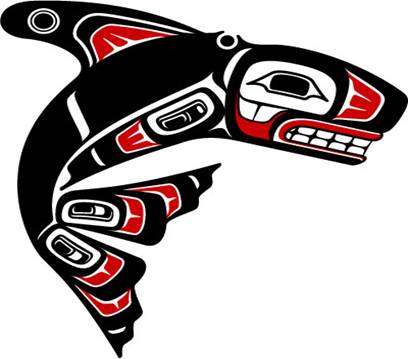
Kingston, WA
Website: https://pgst.nsn.us/
Facebook: https://www.facebook.com/PortGambleSklallams
Instagram: https://www.instagram.com/portgamblesklallams/
Tribes
The Port Gamble S’Klallam Tribe (Nux Sklai Yem [the Strong People]) are descendants of the Salish people located in the Puget Sound region near Port Gamble, Washington. The Salish peoples have been associated with the Salish Sea basin for the last four millennia. While external interlopers and various economic systems have come and gone, the S’Klallam people have remained intricately connected to their coastal ecosystem with the ability to draw sustenance and thrive in an environment that would challenge others. Their traditional knowledge system has allowed them to pass food acquisition practices down through the generations. As Tribal leadership strives to provide stable livelihoods for the people in the current age, they face the modern challenges of lack of access to capital, risk management, environmental challenges, stagnant market conditions for their surplus production. Such a situation puts Tribal food sovereignty and economic stability at risk.
With a project they’ve entitled S’Klallam Tide to Table Program Development & Sustainability Design they intend to alleviate some of the risk. A challenge unique to this community is the dependency on marine resources in a frequently traveled and heavily cultivated waterway. The primary objectives of this project include investing in infrastructure and equipment to stabilize capital acquisition. A wet storage system to be placed within their existing wet lab facility will allow for the installation of a shellfish grader/sorter right at the beach, enhancing sorting efficiency and harvest quality. These advancements will initiate a pathway for the community to transition to commercial operations. The S’Klallam people are establishing a community centric / cultural model of economic development that will incorporate traditional knowledge into culturally appropriate materials that will inform all their marketing efforts. In addition, they will establish a training program to ensure that Tribal members are leaders of the operation. They believe they can complete this project in 24 months.
This is an innovative project because it will allow the Tribal values of community engagement and environmental stewardship to lead to increased economic activity. Lifelong fishers and harvesters will find an avenue to improve their economic circumstances in a more cooperative context. This project aligns with NAAF’s access to capital mission by supporting community centric models of economic development while providing resources for investment in infrastructure thereby creating a pathway to sustainable commercial operations with a goal of strengthened economic resiliance for the S’Klallam community.
21. San Felipe Pueblo
San Felipe Pueblo, NM
Website: https://sfpueblo.com/
Tribes
This project supports small-scale San Felipe Pueblo farmers and ranchers whose operational margins are tight. Its primary objective is to provide farmers and ranchers stipends for purchasing essential equipment, supplies, or settling ranch-related debts. To qualify for these stipends, participants must attend workshops on financial literacy, business planning, record keeping, or credit repair facilitated by partners such as NMSU Pueblo Extension Service and the First Nations Development Institute. The project includes four training sessions focused on financial literacy and credit building and will guide participants in developing budgets to allocate their stipends effectively. These workshops aim to improve efficiency and knowledge, especially for those juggling agricultural work with other jobs. Additionally, the project plans to offer training on accessing USDA programs and explore the creation of a Community Development Financial Institution (CDFI) to enhance capital access for the San Felipe Pueblo community. NAAF funding will be utilized to leverage additional foundation resources for the farmers and ranchers.
22. Spokane Tribe of Indians

Wellpinit, WA
Website: https://www.spokanetribe.com/
Tribes
The Spokane Tribe of Indians is a rural tribal community in eastern Washington that values sustainability and supports food sovereignty, security, and safety. In 2024. The tribe is undertaking the Spokane Tribe Agricultural Management Program and Irrigation Update project funded by NAAF. This 24-month project aims to assist farmers, ranchers, and community producers by supporting agricultural management, irrigation, and financial assistance programs. The project will address various challenges faced by Spokane tribal producers, including administrative and economic hurdles, such as record-keeping, applying for grants and loans, and managing sales and business operations. Additionally, the project will address the threat of noxious weeds in the area. To tackle these challenges, the project will hire an Agricultural Program Manager and establish an Agricultural Management Program to assist Native producers on the reservation directly. The project’s objectives include establishing an Agriculture Resource Management Plan and rehabilitating the irrigation infrastructure at the Little Falls Farm on the Spokane Indian Reservation. This farm has not been actively cultivated for over a decade, and rehabilitating its irrigation system is crucial to providing irrigated acres for agricultural production. The NAAF funds for this project will have long-term benefits that will outlast the 24-month project period. These funds will be leveraged to access additional funding for tribal agriculture and technical assistance.
23. Suquamish Indian Tribe of Port Madison Reservation

Suquamish, WA
Website: https://suquamish.nsn.us/
Facebook: https://www.facebook.com/suquamishtribe
Instagram: https://www.instagram.com/suquamish_tribe/
YouTube: https://www.youtube.com/@TheSuquamishTribe
Tribes
24. White Earth Band of Chippewa Indians
Ogema, MN
Website: https://whiteearth.com/home
Facebook: https://www.facebook.com/WhiteEarthNation/
YouTube: https://www.youtube.com/channel/UCTuAzfP9akdAzEhE1PwFSWg
Tribes
Youth Projects
25. Dzil Dtl oo' School of Empowerment Action and Perseverance (DEAP School)
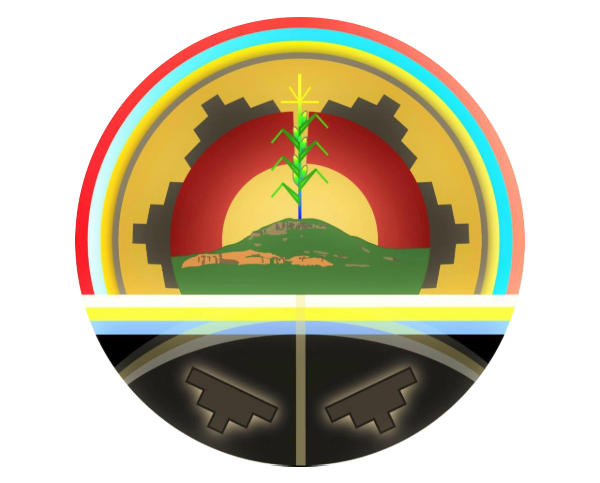
Navajo, NM
Website: https://www.deapschool.org/
Facebook: https://www.facebook.com/deapschool
Instagram: https://www.instagram.com/deapschool/?hl=en
X: https://twitter.com/deapschool
Youth Projects
26. Ke'yah Advanced Rural Manufacturing Alliance
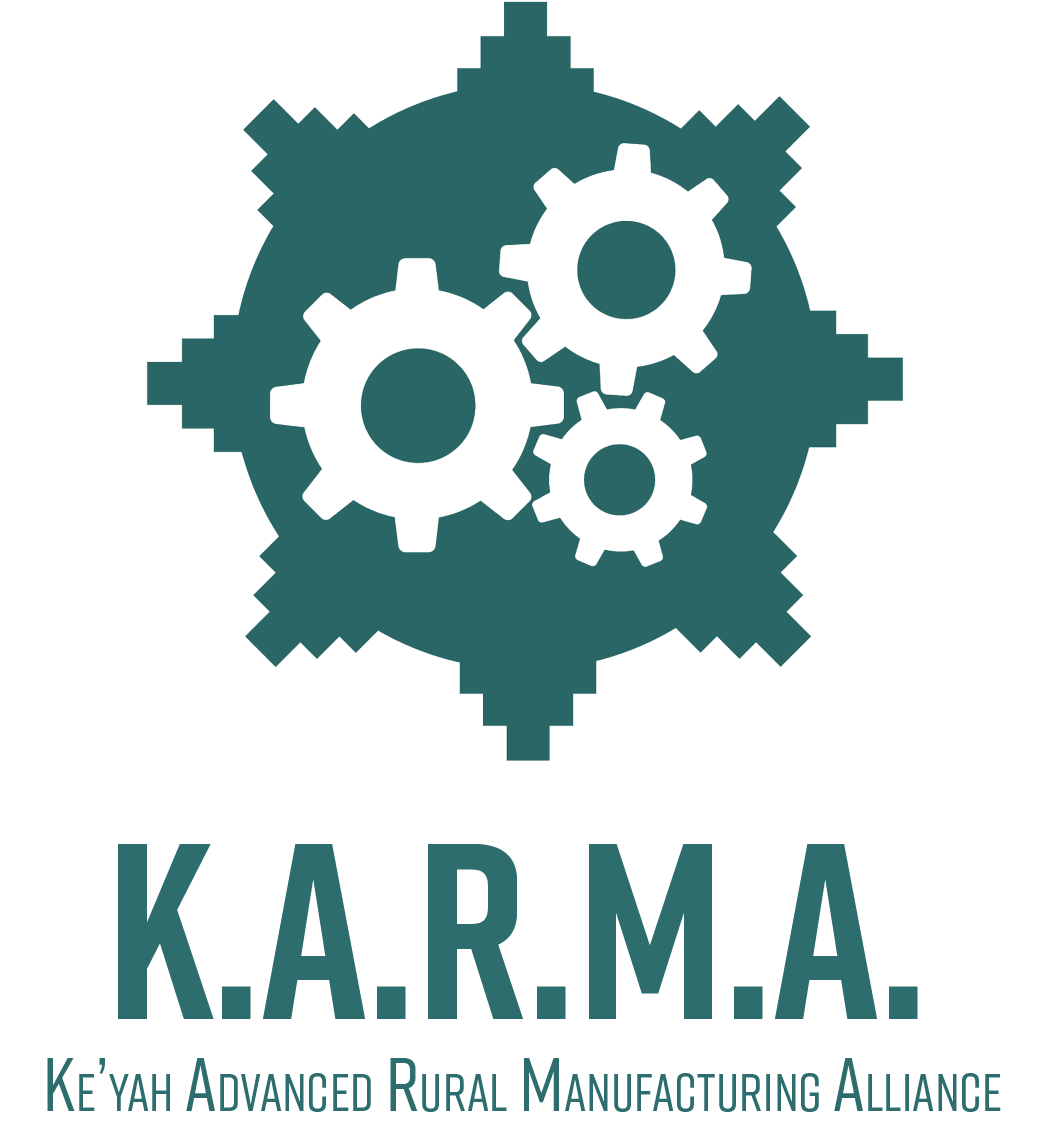
Flagstaff, AZ
Website: https://wiikarma.technology/
Facebook: https://www.facebook.com/profile.php?id=100088949730825
Youth Projects
Ke’yah Advanced Rural Manufacturing Alliance, a 501(c)(3) serving the Navajo Region (New Mexico and Arizona), will use funding to create a Youth program titled “Fostering Agricultural Resilience and Modern Skills” (FARMS) for Native Youth. Addressing economic barriers on reservation lands, which lead to food insecurity and reliance on food assistance programs, the FARMS initiative will involve youth, farmers/ranchers, schools, community leaders, mentors, and entrepreneurs in improving local food and water systems.
The program includes a week-long intensive camp focusing on marketing, career pathways, and food and water advocacy, providing educational activities to teach strategies for accessing capital. The FARMS project will help Native youth develop marketing strategies to support local farmers, ranchers, and water users in sharing their stories and traditions, thus increasing their access to capital. Additionally, they will launch a funding initiative, “Supporting Equity and Economic Development in Sustainability” (SEEDS), offering $500 to 10 Native farmers and ranchers. The outcomes will enhance their gardens, farms, and ranch operations on Navajo and Hopi reservations, further increasing access to capital, promoting economic development and sustainability.
27. Kumano I Ke Ala
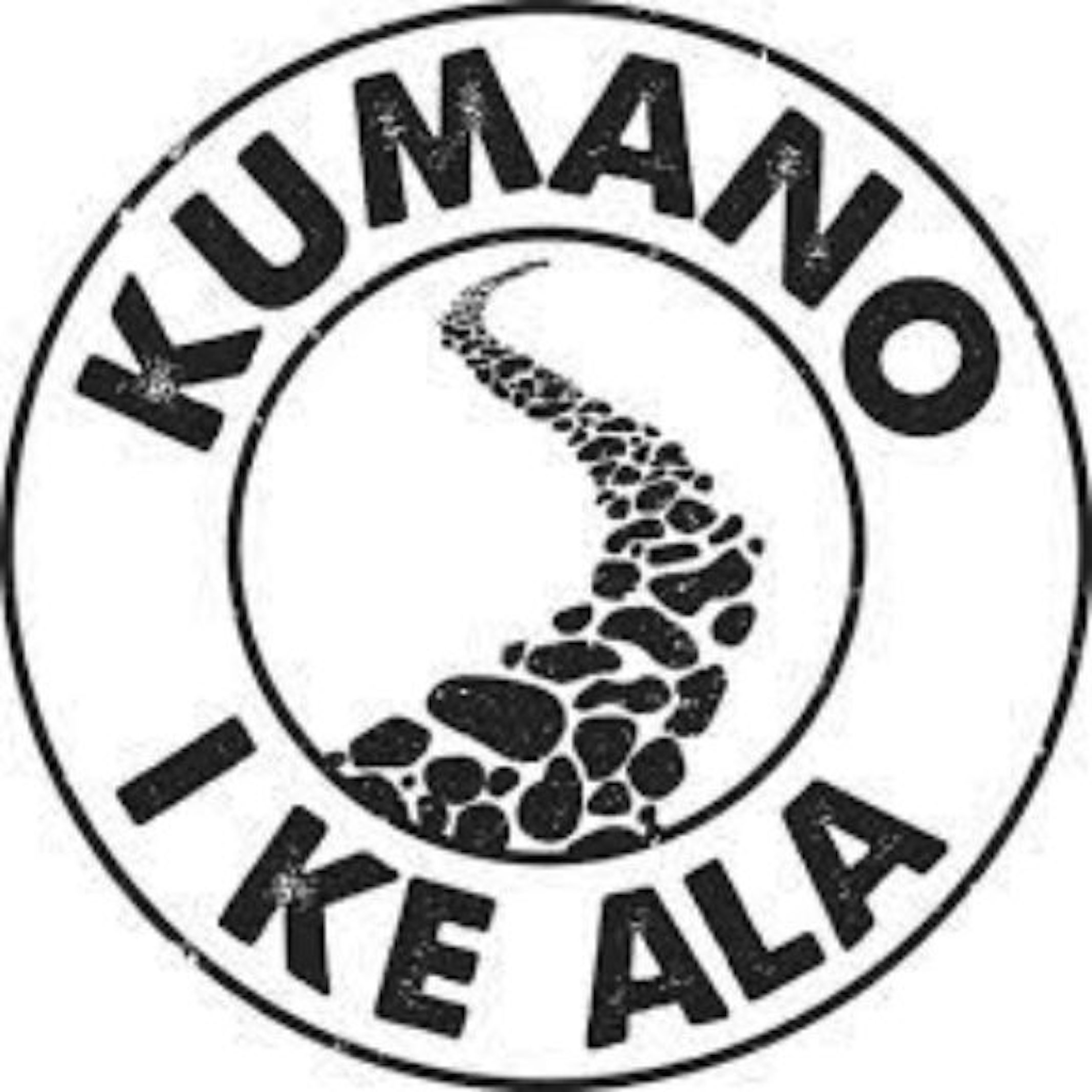
Waimea, HI
Website: https://kumanoikeala.org/
Facebook: https://www.facebook.com/profile.php?id=100064809372578
Instagram: https://www.instagram.com/kumanoikeala/
Youth Projects
The Kupuna Mahiʻai Apprenticeship Project, led by Kumano I Ke Ala, a 501(c)(3) organization based in the rural community of West Kauai, aims to empower Native Hawaiian youth by providing comprehensive training in traditional Hawaiian taro farming. This two-year program will equip participants with essential skills in indigenous farm production, farm equipment usage, chainsaw certification, Good Agricultural Practices (GAP), first aid, and food handler safety. In collaboration with Gay and Robinson, Inc., regional landowners who will provide plots of unused farmland, participants will engage in hands-on training that includes planning growth periods, projecting yields, soil remediation, crop cultivation, and harvest. This initiative also features a farm business incubator to help participants develop business acumen. Upon program completion, graduates will have the opportunity to continue farming on their designated plots and grow their businesses as local small-scale farmers. The project seeks to preserve and revitalize traditional Hawaiian taro farming, enhance economic opportunities, and promote sustainable agricultural practices in West Kauai. Funding from NAAF will support training materials, certification programs, land preparation, and operational costs for the incubator, fostering lasting positive impacts on the community, environment, and local economy.
28. Painted Desert Demonstration Projects

Flagstaff, AZ
Youth Projects
29. Sinte Gleska University
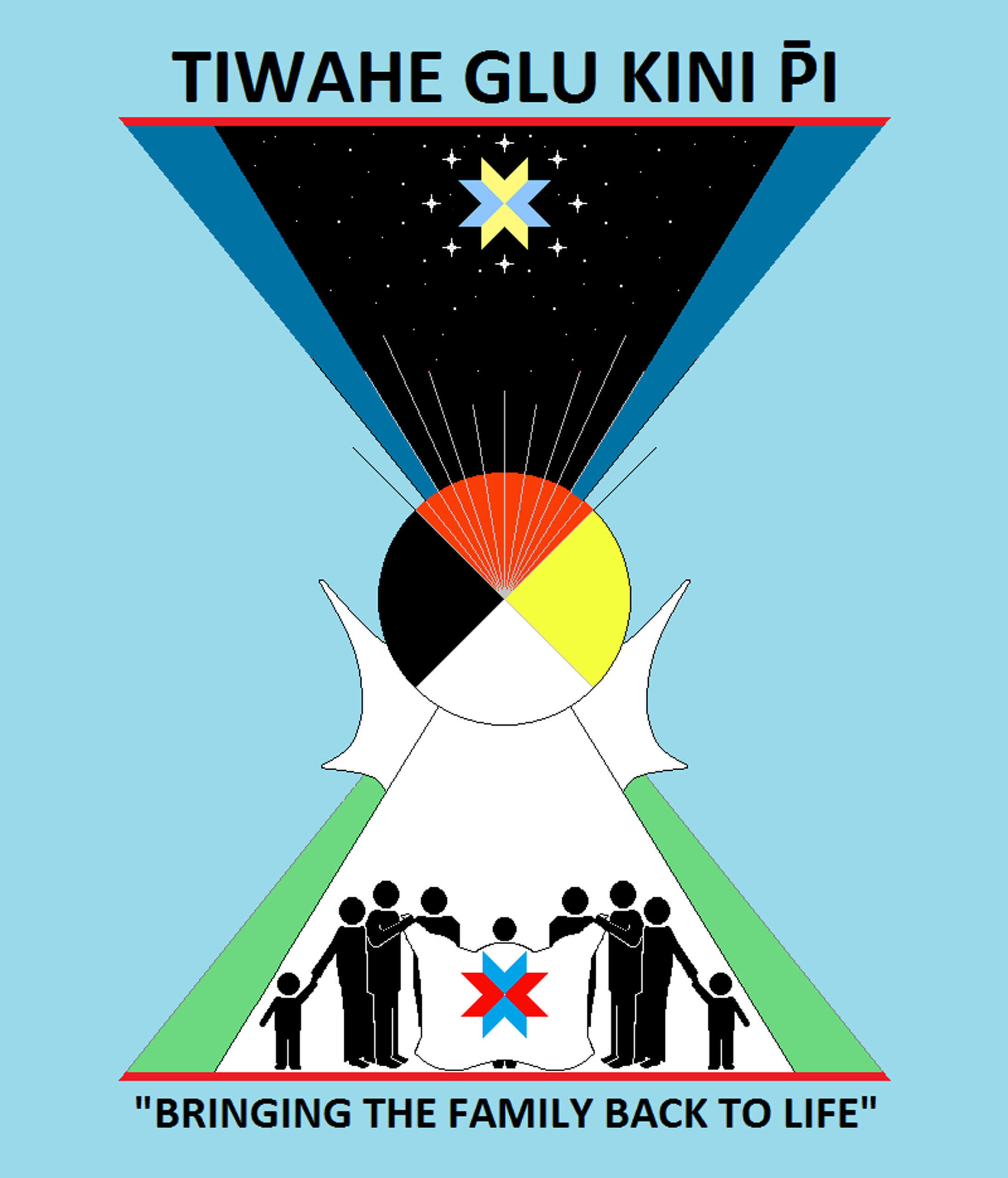
Mission, SD
Website: https://www.sintegleska.edu/
Facebook: https://www.facebook.com/SinteGleskaUniversity
Youth Projects
Sinte Gleska University’s project is designed to expand and enhance Sunkawakan Oyate community outreach by offering youth engaging, year-round opportunities in equine and agricultural programs. To achieve this, the initiative will recruit horse handler coordinators and teen handlers to support a comprehensive equine program, including sponsoring at least four camps annually and organizing ten horse activity days in their communities. These activities will allow youth to learn about, connect with, groom, and ride horses. In addition to the equine program, the project will introduce youth to various ranching and farming tasks to spark interest in agriculture and environmental fields. Training will also be offered on creating and maintaining gardens, which can serve as a food source and a means of income. A community survey will assess the need for garden items, leading to establishing a community garden. To further support youth, the project will increase access to capital by providing financial literacy training and workshops. Partnerships with local tribal lenders will explore opportunities for starting agricultural businesses. Networking with organizations such as Tatanka Funds, Lakota Funds, and Akiptan CDFI will offer information and training on launching farms and ranches and accessing business loans. Additionally, two business start-up workshops will cover essential topics including business planning, legal requirements, and taxation.
30. South Puget Intertribal Planning Agency
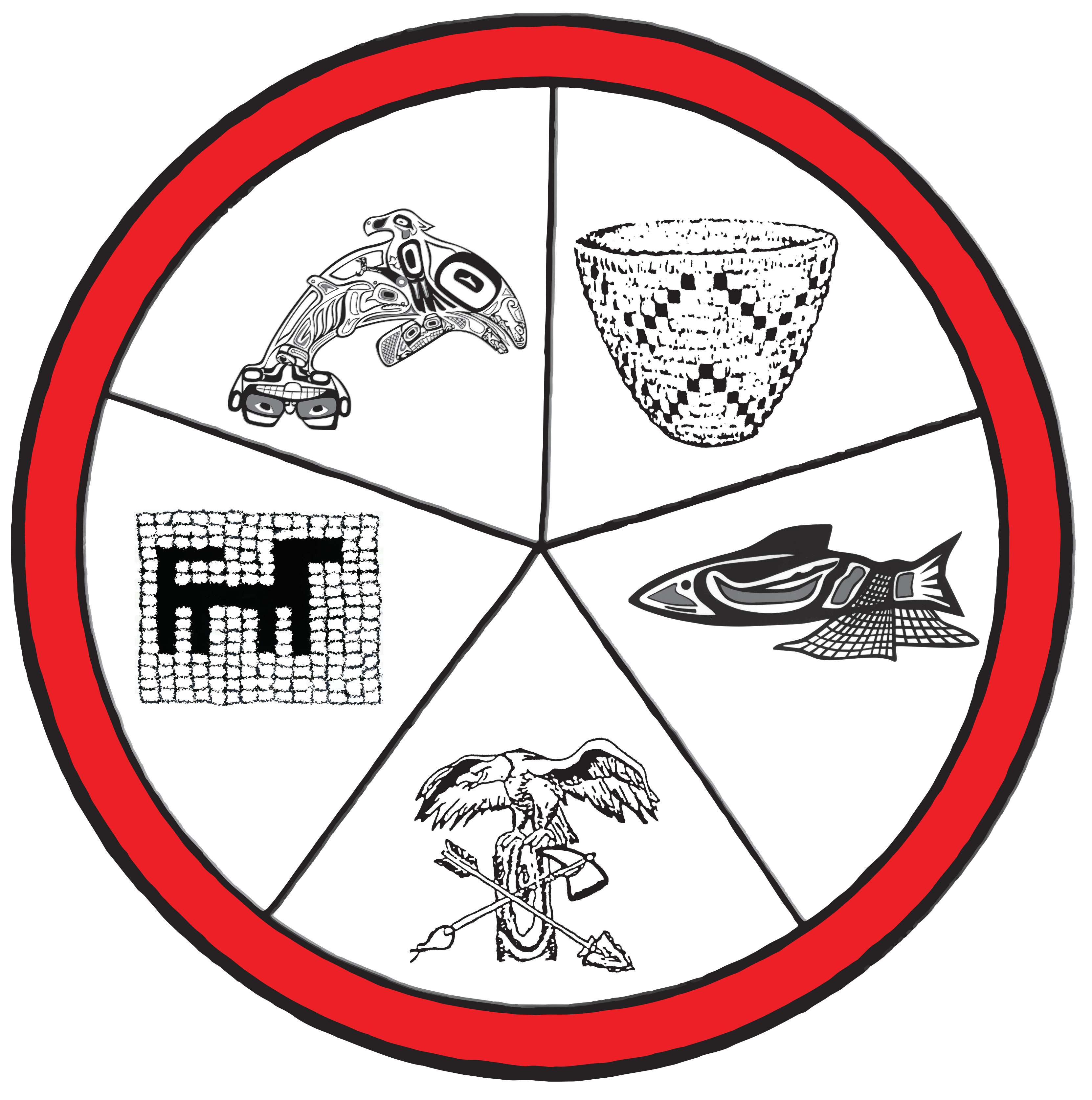
Shelton, WA
Website: https://spipa.org/
Facebook: https://www.facebook.com/SouthPugetPlanning
Instagram: https://twitter.com/SPIPA_ORG
LinkedIn: https://www.linkedin.com/company/south-puget-intertribal-planning-agency/
Youth Projects
The SPIPA Food Sovereignty Youth Project aims to support and enhance food sovereignty across the five consortium tribes in western WA by providing essential community agriculture supplies tailored to each tribe’s specific needs. Each participating tribe will identify and acquire tangible supplies to bolster their agricultural programs. A key project component involves tribal elders sharing their traditional knowledge with youth, including instruction on traditional farming techniques. This cultural exchange helps youth understand the significance of growing, foraging, and harvesting traditional plant medicines. In addition to this hands-on learning, youth will receive career and technical education that prepares them for potential agricultural ventures. They will have access to online and in-person financial and business planning workshops and informational resources about programs supporting agricultural education. The flexibility of the SPIPA Food Sovereignty Youth Project allows it to be customized to meet the unique needs of each tribe, incorporating traditional knowledge and community values to build the infrastructure necessary for achieving their food sovereignty goals.
31. Wabanaki Public Health & Wellness

Bangor, ME
Website: https://wabanakiphw.org/
Facebook: https://www.facebook.com/WabanakiPHW
Instagram: https://www.instagram.com/wabanakiphw/
X: https://twitter.com/WabanakiPHW
Youth Projects
The upcoming round of funding will enable WPHW to continue preserving traditional agricultural knowledge and addressing community needs. In response to feedback from the past year, the project will incorporate more traditional art, culture, and ocean farming. Inspired by community input, a new butchery workshop will also be included, covering the full cycle from hunting to butchering.
